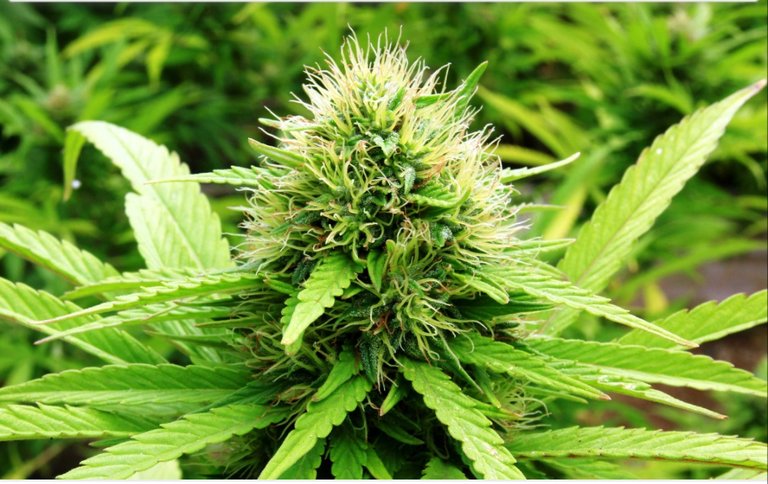
.
.
.
.
.
.
Heavy, long term exposure to marijuana may have biologically-based physical, mental, behavioral and social health consequences and may be "associated with diseases of the liver (particularly with co-existing hepatitis C), lungs, heart, and vasculature". It is recommended that cannabis use be stopped before and during pregnancy as it can result in negative outcomes for both the mother and baby.However, maternal use of marijuana during pregnancy does not appear to be associated with low birth weight or early delivery after controlling for tobacco use and other confounding factors.A 2014 review found that while cannabis use may be less harmful than alcohol use, the recommendation to substitute it for problematic drinking is premature without further study.Other side effects include cannabinoid hyperemesis syndrome.
A limited number of studies have examined the effects of cannabis smoking on the respiratory system. Chronic heavy marijuana smoking is associated with coughing, production of sputum, wheezing, and other symptoms of chronic bronchitis.The available evidence does not support a causal relationship between cannabis use and chronic obstructive pulmonary disease. Short-term use of cannabis is associated with bronchodilation.
Cannabis smoke contains thousands of organic and inorganic chemical compounds. This tar is chemically similar to that found in tobacco smoke,and over fifty known carcinogens have been identified in cannabis smoke,including; nitrosamines, reactive aldehydes, and polycylic hydrocarbons, including benzpyrene.Cannabis smoke is also inhaled more deeply than is tobacco smoke. As of 2015, there is no consensus regarding whether cannabis smoking is associated with an increased risk of cancer. Light and moderate use of cannabis is not believed to increase risk of lung or upper airway cancer. Evidence for causing these cancers is mixed concerning heavy, long-term use. In general there are far lower risks of pulmonary complications for regular cannabis smokers when compared with those of tobacco. A 2015 review found an association between cannabis use and the development of testicular germ cell tumors (TGCTs), particularly non-seminoma TGCTs.A 2015 analysis of six studies found little evidence that long-term or regular cannabis smoking was associated with lung cancer risk, though it could not rule out whether an association with heavy smoking exists. Another 2015 meta-analysis found no association between lifetime cannabis use and risk of head or neck cancer. Combustion products are not present when using a vaporizer, consuming THC in pill form, or consuming cannabis foods.
There is concern that cannabis may contribute to cardiovascular disease.As of 2018 evidence of an association is unclear.
Cannabis is believed to be an aggravating factor in rare cases of arteritis, a serious condition that in some cases leads to amputation. Because 97% of case-reports also smoked tobacco, a formal association with cannabis could not be made. If cannabis arteritis turns out to be a distinct clinical entity, it might be the consequence of vasoconstrictor activity observed from delta-8-THC and delta-9-THC.Other serious cardiovascular events including myocardial infarction, stroke,sudden cardiac death, and cardiomyopathy have been reported to be temporally associated with cannabis use. Research in these events is complicated because cannabis is often used in conjunction with tobacco, and drugs such as alcohol and cocaine.These putative effects can be taken in context of a wide range of cardiovascular phenomena regulated by the endocannabinoid system and an overall role of cannabis in causing decreased peripheral resistance and increased cardiac output, which potentially could pose a threat to those with cardiovascular disease.[99] There is some evidence from case reports that cannabis use may provoke fatal cardiovascular desease.
Hi! I am a robot. I just upvoted you! I found similar content that readers might be interested in:
https://www.quora.com/What%E2%80%99s-worse-for-your-lungs-weed-or-cigarettes